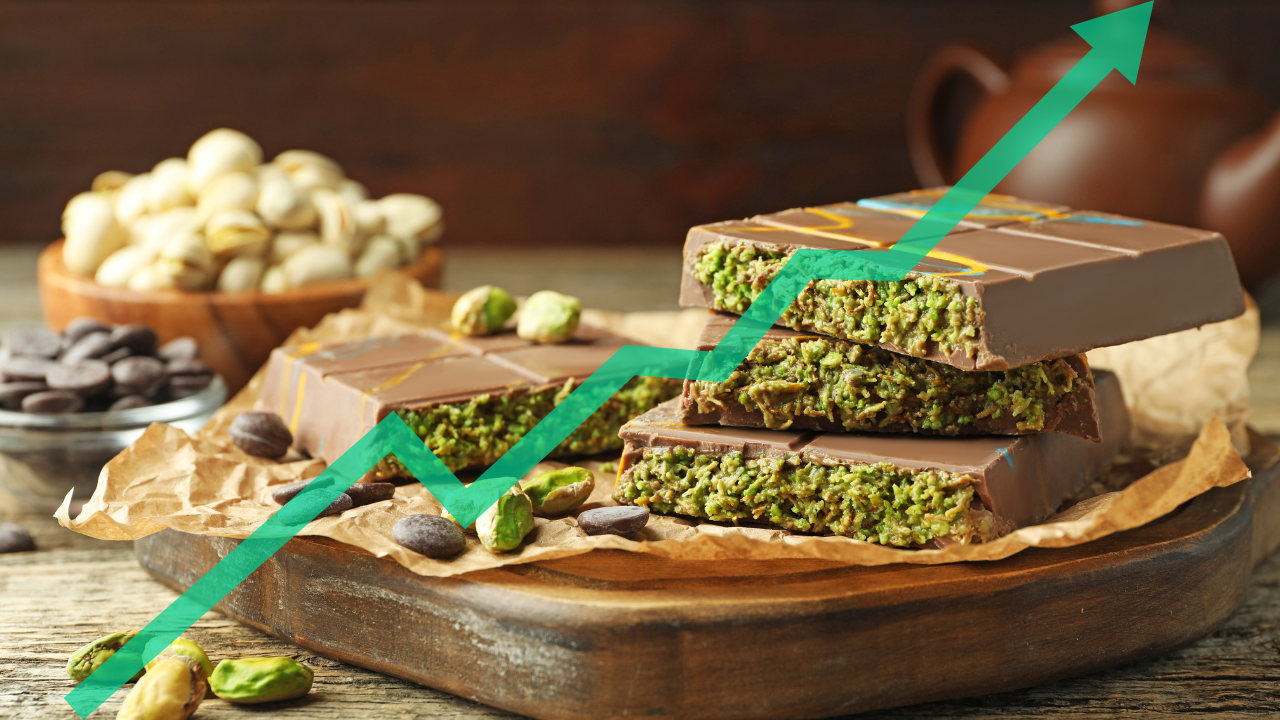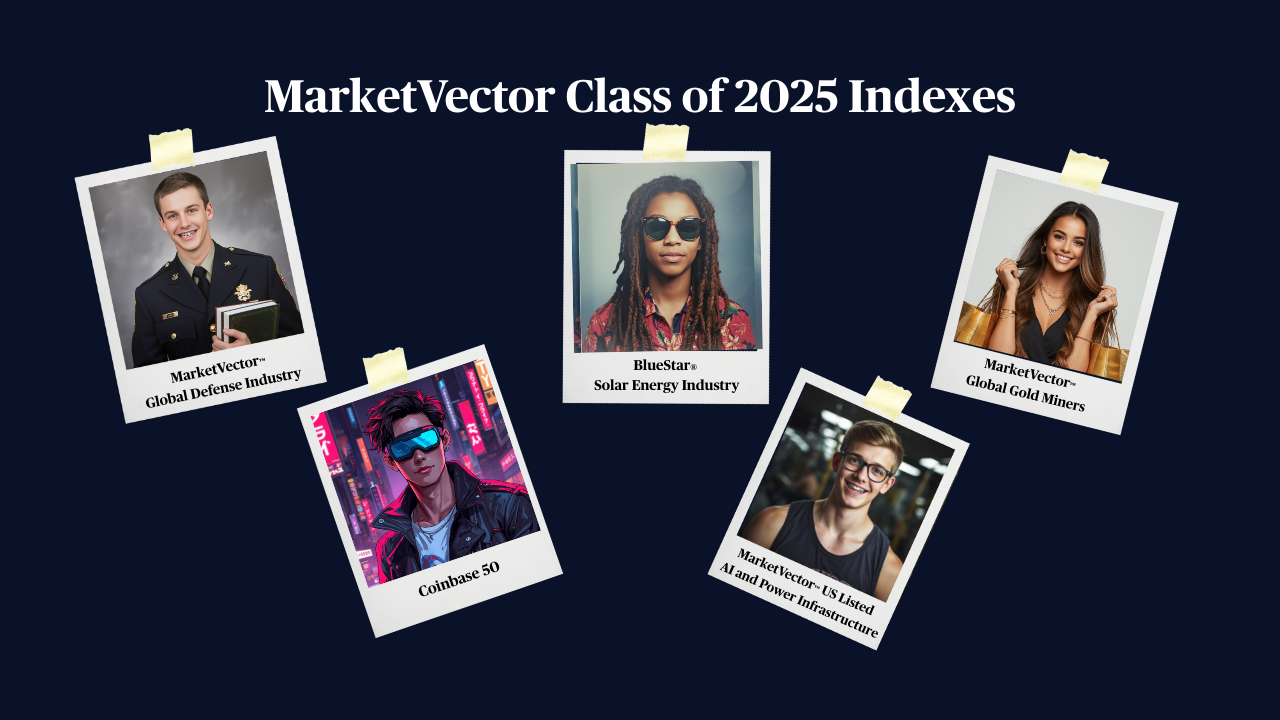If, like me, you’re not on TikTok, you might have missed the Dubai chocolate viral explosion. But there’s no escaping it now. The pistachio-tahini chocolate trend has jumped from niche dessert bars to Starbucks lattes and $100 IHOP pancakes. What started as a viral treat is quickly becoming a case study in global trade and its ripple effects.
Trade wars aren’t someone else’s problem anymore. They’re not just a headache for emerging market exporters negotiating with Trump. They are raising costs, clogging supply chains, and forcing businesses to pass on the pain. The luxury wrapper isn’t just for show; it’s how companies soften the blow. It’s an indication of what is still yet to play out across consumer products.
From Treat to Tariff Trouble
Cocoa from West Africa. Pistachios from Iran, Turkey, or the U.S. Packaging from China. Every part of a Dubai chocolate bar crosses borders and picks up costs.
· Cocoa Tariffs: Import duties add pressure to already record-high prices.
· Packaging Costs: Wrappers and boxes, often imported, face tariff and freight markups.
· Shipping Delays: Port congestion and customs checks disrupt timelines and inflate logistics expenses.
The price impact starts in emerging markets, where crops are grown and processed, but spreads to consumers in developed markets, where trend-driven demand amplifies cost pressures. Chocolatiers lean into luxury branding, such as artisanal boxes, premium pricing, and limited runs, to protect margins. IHOP’s upscale positioning of its promotional $100 pancakes reflects this strategy: when costs rise, perception must too.
MVIGE: Investing in Global Food Supply Chains Amid Tariff Pressures
The MarketVector Global Investable Index (MVIGE) spans developed and emerging markets, offering a comprehensive lens into the connected realities of global trade. Even as tariff wars create rifts and redraw borders, the economic impacts, from cocoa farms to café counters, are shared.
MVIGE tracks companies across the value chain, from food logistics to agri-inputs to global sourcing. It helps investors understand how local disruptions become global consequences, and how the world remains interlinked despite rising fragmentation.
A chocolate bar may seem simple. But it’s a complicated and interlinked journey, shaped by climate, conflict, currency, and customs. MVIGE captures that complexity with broad global coverage.
Table: Top Countries in MVIGE Weighted by Free Float MarketCap
For more information on MarketVector Indexes, visit www.marketvector.com
About the Author:
Joy Yang is the Global Head of Index Product Management at MarketVectorTM Indexes. She is responsible for managing MarketVector index products and services to accelerate innovation in financial index design and adoption. Joy brings more than 25 years of investment experience to MarketVector, having led teams delivering index and quantitative-active investment solutions at Arabesque Asset Management, Dimensional Fund Advisors, Vanguard, Aberdeen Standard Investments, AXA Rosenberg, and Blackrock. Joy has an MBA from the University of Chicago Booth School of Business and a BS in Electrical Engineering from Cooper Union’s Albert Nerken School of Engineering.
For informational and advertising purposes only. The views and opinions expressed are those of the authors but not necessarily those of MarketVector Indexes GmbH. Opinions are current as of the publication date and are subject to change with market conditions. Certain statements contained herein may constitute projections, forecasts, and other forward-looking statements, that do not reflect actual results. It is not possible to invest directly in an index. Exposure to an asset class represented by an index is available through investable instruments based on that index. MarketVector Indexes GmbH does not sponsor, endorse, sell, promote, or manage any investment fund or other investment vehicle that is offered by third parties and that seeks to provide an investment return based on the performance of any index. The inclusion of a security within an index is not a recommendation by MarketVector Indexes GmbH to buy, sell, or hold such security, nor is it considered to be investment advice.
Get the latest news & insights from MarketVector
Get the newsletterRelated:




